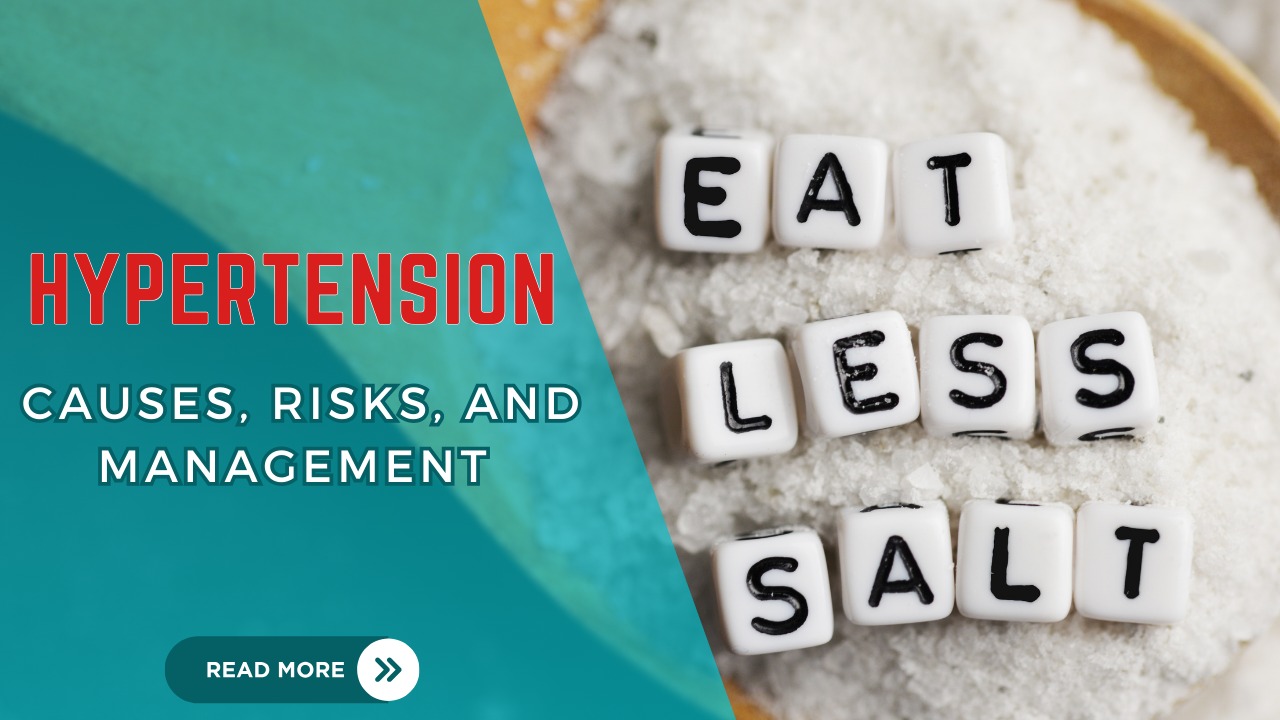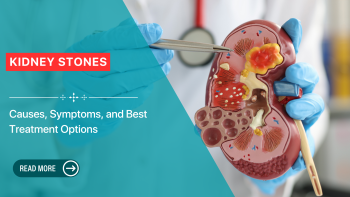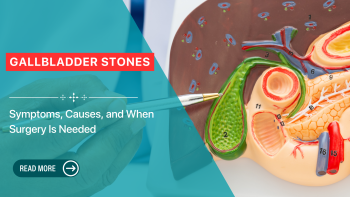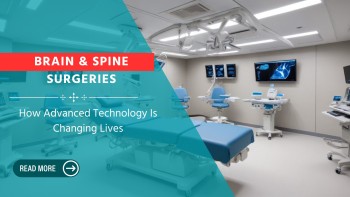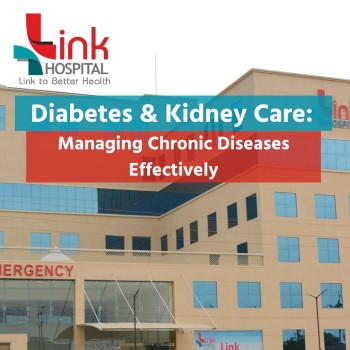Hypertension, also known as high blood
pressure, is a condition that affects millions worldwide, silently increasing
the risk of serious health complications. Often called the "silent
killer" because it may not display noticeable symptoms, hypertension can
lead to severe cardiovascular diseases if left unchecked.
What is Hypertension?
Hypertension occurs when the force of
blood against the artery walls is consistently too high. This can strain the
heart, damage blood vessels, and contribute to heart disease, stroke, and
kidney failure. Normal blood pressure is defined as less than 120/80 mmHg. A
reading above 130/80 mmHg is generally considered hypertensive.
Causes of Hypertension
Several factors can contribute to the
development of high blood pressure, including:
●
Genetics: A family history of hypertension can
increase the risk.
●
Age: Blood pressure tends to rise as we age.
●
Diet: A diet high in salt, unhealthy fats, and
low in potassium can lead to high blood pressure.
●
Lack of Physical Activity: Inactivity can
result in weight gain and reduced heart efficiency.
●
Obesity: Being overweight increases the strain
on the heart.
●
Stress: Chronic stress can contribute to
elevated blood pressure.
● Smoking and Alcohol: Both habits negatively affect the cardiovascular system.
Symptoms of Hypertension
Most people with hypertension show no
symptoms until complications arise. In some cases, headaches, shortness of
breath, or nosebleeds may occur but are often attributed to other causes.
That’s why regular blood pressure monitoring is crucial for early detection.
Risks of Untreated
Hypertension
Uncontrolled high blood pressure can lead
to:
●
Heart Attack or Stroke: High blood pressure
damages arteries, making them less elastic and more prone to clots.
●
Aneurysms: Constant pressure can weaken artery
walls, leading to aneurysms.
●
Kidney Damage: Hypertension can damage the
blood vessels in the kidneys, leading to kidney failure.
● Vision Loss: Increased pressure in the blood vessels of the eyes can lead to blurred vision or blindness.
Managing Hypertension
While hypertension is a serious
condition, it can be managed with lifestyle changes and, if necessary,
medication. Here are some strategies:
●
Healthy Diet: Adopt a heart-healthy diet rich
in fruits, vegetables, lean proteins, and whole grains while limiting salt and
unhealthy fats.
●
Regular Exercise: Aim for at least 150 minutes
of moderate exercise per week to maintain heart health.
●
Weight Management: Achieving and maintaining a
healthy weight can significantly lower blood pressure.
●
Limit Alcohol and Quit Smoking: These
lifestyle changes can improve cardiovascular health.
●
Medication: In some cases, doctors may
prescribe antihypertensive medications to help control blood pressure.
Link Hospital in Gwalior:
Your Partner in Hypertension Management
At Link
Hospital, Gwalior, we understand the complexities of hypertension and
provide comprehensive care to manage and prevent its complications. Our team of
expert physicians is dedicated to offering personalized treatment plans
tailored to your needs, ensuring you receive the best care possible.
If you're concerned about high blood
pressure or need expert guidance on managing hypertension, don’t hesitate to
visit
Link
Hospital, Gwalior. With state-of-the-art facilities
and experienced healthcare professionals, we are here to help you maintain a
healthy lifestyle and keep your blood pressure in check. Early detection and
effective management can prevent serious health issues, and at Link Hospital,
we are committed to ensuring your well-being.
Take the first step towards a healthier
future. Visit Link Hospital, Gwalior,
today for expert hypertension care and treatment.
